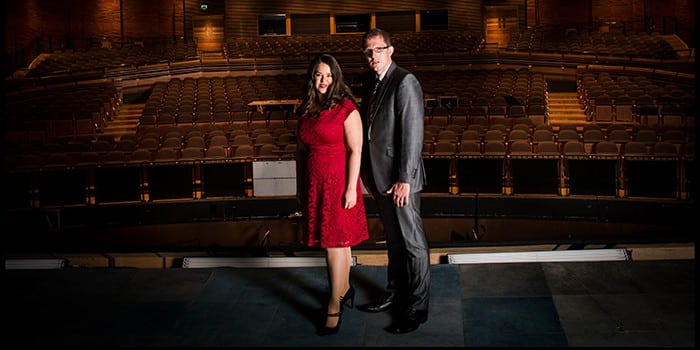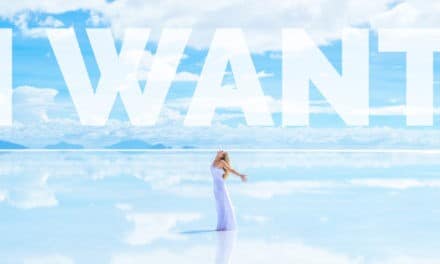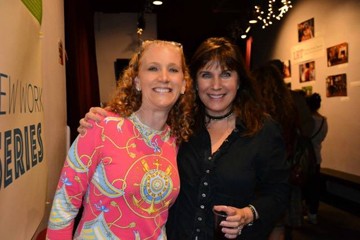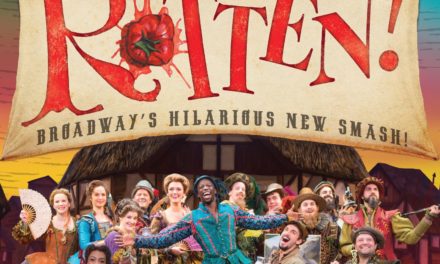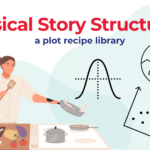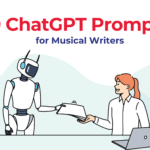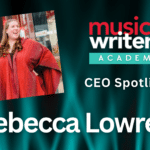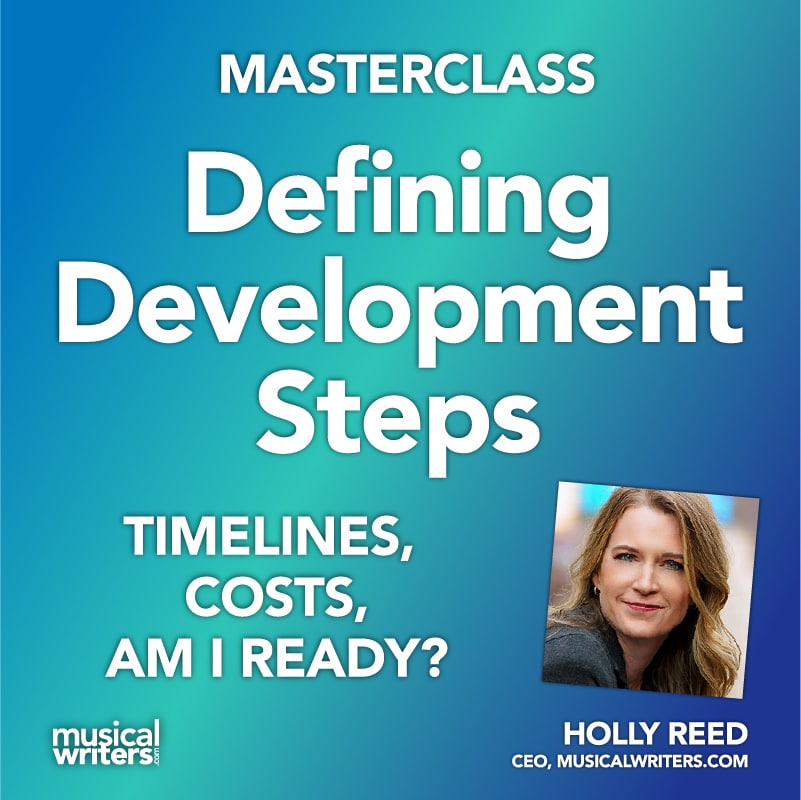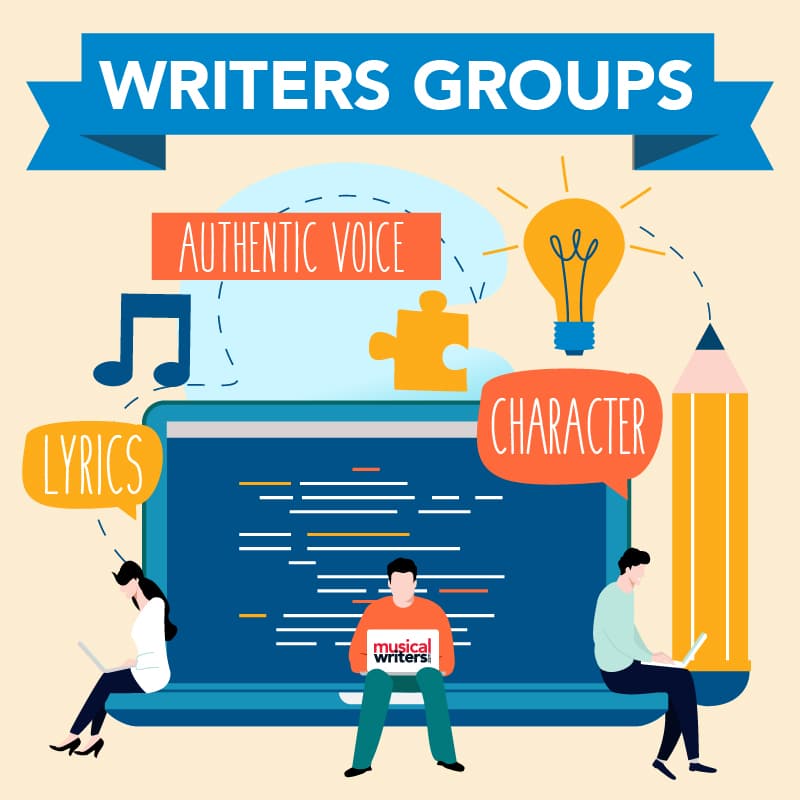London’s Hippodrome Casino is a special performance venue. You walk up the winding staircase, past the spinning roulette wheels and into a dark room with a stage bathed in purple light, tables are adorned with gently glowing candles (albeit LED ones) and the audience could reach out and touch the performer if they wanted to. 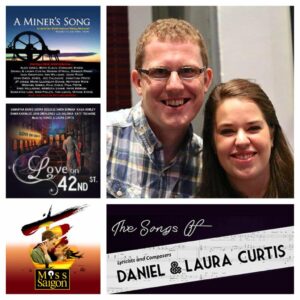
Spaces like these have been the launching platform for not only ourselves but a host of composers writing for London’s thriving cabaret scene. Musical Theatre composers and lyricists are living in challenging times, where audience demand to see shows starring a recognizable name has (somewhat predictably) spread across to the writing teams. It is a vicious circle for new writers, how can you ever reach that ultimate goal, to have your work in West End venues such as The Adelphi or the London Palladium when it’s a requirement that you’ve already made a dent (through any medium) in the public consciousness. It’s a trend which is evidenced by the composers of the latest West End hits, Everybody Is Talking About Jamie, Matilda, Kinky Boots, even Eugenius! which just concluded a run at fringe venue The Other Palace was co-written by Ben Adams from the UK boyband A1. We think all of the aforementioned are deserving of the success they’ve received; our point is merely that there is more out there, and the current infrastructure in the UK has put a ceiling over it. There are people working hard to change things, we admire all the work MMD is doing at the moment to cultivate new talent and break down the barriers which could stop them succeeding. Ultimately, the change needs to come from the top and established producers need to take a chance on new work.
So in the meantime, ourselves and other writers are making the most of the cabaret platform and the wonderful world of social media to reach our audiences, which involves writing pieces which are inherently theatrical but also stand alone. Inspiration can be challenging in this format, there is no overarching story, so where does it all come from?
For us, the answer is just music. When I was younger I used to write a lot of melodies in my head. I would have to pause Snake on my Nokia for a minute to call my grandmother’s house and leave her a message to remember the music for later. Sometimes she’d answer and I would ask her to hang up and not get the next call so I could sing to the voicemail. Neither of us have ever really believed in inspiration or a muse. I am quite fortunate in that if I sit at the piano to write, something will always come. It is always easiest though, if we know the exact moment we are writing for. We’ll often talk about that with each other before we sit to write anything. Once we’re clear on the moment, everything just seems to flow.
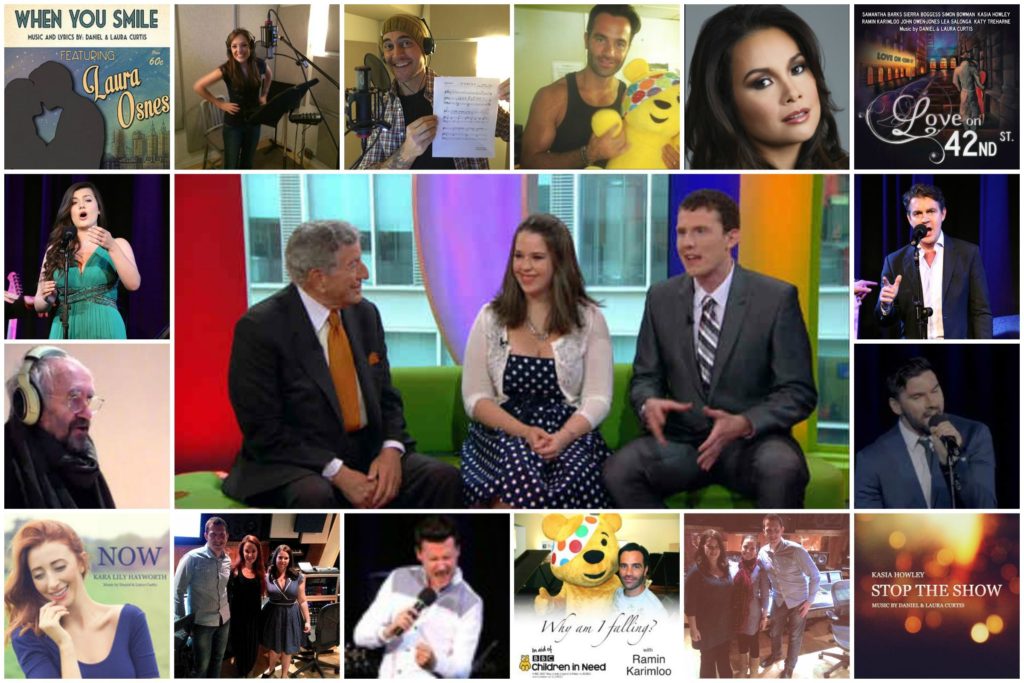
When we’re working on full-length musicals, the music has to be slave to the story. I remember listening to an interview with lyricist Don Black where he spoke about how lyric writing was more perspiration than inspiration. We also hold on to that quote if we’re grappling with a difficult line, as we would both describe ourselves as composers first, lyricists second.
Ultimately, as Musical Theatre writers we are in the same boat as so many creatives out there, supply will always outstrip opportunity. The theatrical community is a special thing to be part of, and one should never underestimate the profound effect performance can have on an audience, no matter how small. Audiences do not get better, they just get bigger. Savour the thrill of hearing your work performed, and just avoid looking at your bank balance in the meantime. I would also say, collaborate, collaborate, collaborate. If somebody reaches out, don’t frantically google them to see if they’ve got connections or perhaps are heir to a small fortune, look at the work. If it’s good, do something! Ultimately, we believe good work will have its day in the sun, sooner or later.
Daniel and Laura Curtis are award-winning Musical Theatre composers and lyricists. Their work is now a staple in the repertoire of artists performing Musical Theatre internationally and has been performed at venues such as the Royal Albert Hall and the London Palladium. They found success developing new music for some of the world’s most celebrated performers such as Lea Salonga, Sierra Boggess and Ramin Karimloo. This culminated in the production their first album, “Love on 42nd Street” and the commission of their second album, “Overture,” which was released in October 2016. Their numerous single releases have all topped the iTunes and Amazon vocal charts alongside “Love on 42nd Street.” BBC Radio 2 has championed their music on programs such as Elaine Paige on Sunday and Weekend Wogan. Daniel and Laura have also appeared on BBC Breakfast and The One Show to discuss their work. Most recently they wrote the single “Standing On My Own” for Glee’s Jenna Ushkowitz.

